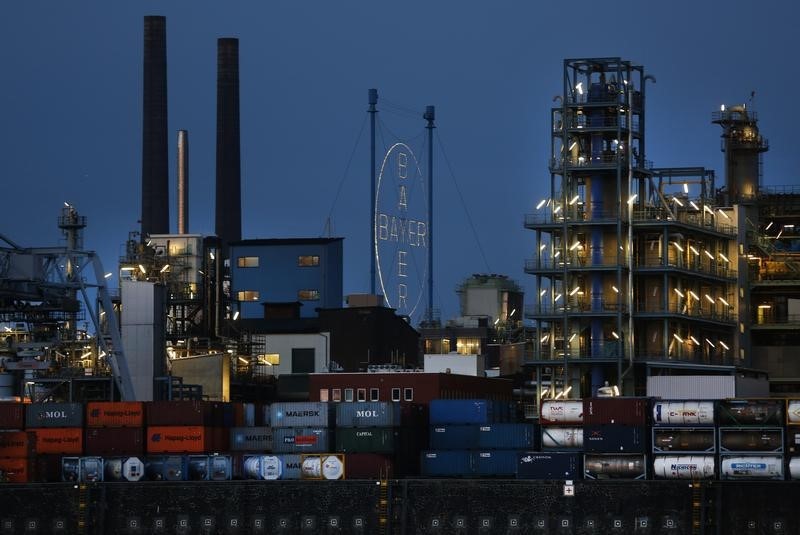By Geoffrey Smith
Investing.com -- The problems of Europe’s largest manufacturing sector continued in August, as incoming orders to German factories notched their biggest drop in five months.
New orders fell 2.4% from July, adjusted for seasonal effects and inflation, and were down 4.1% from a year ago, Statistics Office Destatis said.
Analysts had expected a rise of 0.7%.
The numbers reinforce a picture of an increasingly sharp contraction in the German economy due to the war in Ukraine and Russia's weaponization of its energy supplies to Europe. Germany was the largest destination for Russian natural gas exports before the Kremlin's invasion in February.
"Many companies are running their orders down because expensive energy is making some business unprofitable," said Joerg Kraemer, chief economist with Commerzbank.
The decline was prompted largely by weakness in the rest of the Eurozone, whose orders fell 3.8% from July. Orders from domestic customers also slipped by 3.4%. By contrast, non-Eurozone foreign orders only fell 0.4%.
However, there was a big upward revision to July’s data, which now show a rise of 1.9%, rather than the 1.1% drop originally reported. Germany has developed a pattern of upward revisions to its preliminary data, but this one was larger than most. The revision was due to the late reporting of orders from the aerospace industry.
A further consolation came from Destatis’ statement that the figures were made worse by volatile big-ticket orders, which can have a big impact on monthly rates of change. Stripping these out of the equation, orders fell only by 0.8%.
Oxford Economics' Oliver Rakau noted "quite some resilience" from the sector as supply chain bottlenecks eased after seizing up in spring due to the initial shock of the war and COVID-19 lockdowns in China.
However, he warned that recent business surveys "suggest that the resilience in orders is unlikely to last, while sky-high backlogs imply that weakening orders may impact output with an unusually long lag."
